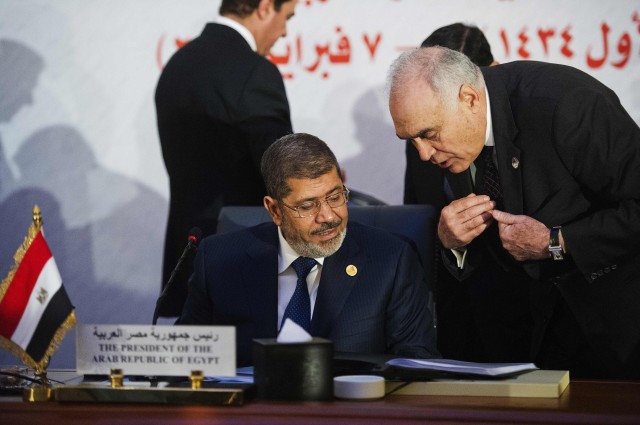CAIRO: On the heels of the country s worst rail disaster in almost two years, will the government s handling of railway transport safety recuperate amid a budget deficit that mounted to LE 2 billion in fiscal year 2007/08?
According to the state s recent figures, total revenues for the railway budget for the next fiscal year 2008/09 will shrink LE 1.4 billion to reach a total of LE 7.6 billion, down from LE 8.97 billion in FY2007/08.
Meanwhile, the network s budget deficit for FY 2008/09 posts LE 1.6 billion compared to last year s LE 2 billion, as stated in a recent report by the Planning and Budget Committee of the People s Assembly.
In spite of the extensive investments the Ministry of Transport has announced, the figure indicates a mere LE 0.4 billion decline in annual deficit. The long-term investments would not show their positive results in this year’s financial results.
Meanwhile, transport ministry officials have not been able to reveal means of bridging the yawning gap between revenues and debts of the railway sector – at least not with the short term-plans.
The ministry has already taken serious steps to revamp the country s railway networks, however, these are long-term plans that won t show progress overnight, a ministry official told Daily News Egypt, speaking on condition of anonymity.
A series of fatal rail accidents in recent years have sparked public dismay over the government s handling of transport safety. The latest of which occurred last Wednesday, when at least 42 people were killed and 40 injured after a train crashed into several vehicles on a railway crossing in Marsa Matrouh in northern Egypt.
Two years ago, a train crash killed 58 people and injured scores more in the Nile Delta town of Qalyoub, north of Cairo. In 2002, 360 people were killed when fire slashed through seven carriages of a crowded passenger train, in what was dubbed the most fatal railway disaster in more than a decade.
Relentless occurrence of rail accidents triggered national outcry over the government s commitment to improve performance of railway transport. In Egypt, poorer segments of the society heavily rely on rail transport to commute from their hometowns to major Egyptian cities, where employment opportunities are much wealthier.
The ministry has taken steps to help boost the sector, one of the latest was includes the decision to hike ticket fares for first-class railway vehicles and metro lines by 25 percent beginning July 1. The decision aims to bring down the sector s budget deficit to LE 1.6 billion in fiscal year 2008/09, down from last year s LE 2 billion, according to the Parliament s report issued last May.
The ministry stated last February it expects investments of LE 10 billion in renovation of the national railway system. The ministry said it will also earmark investments of LE 2.5 billion over the next three years towards face-lifting the country s railway tractors and passenger vehicles. Out of this LE 2.5 billion figure, LE 925 million will be earmarked towards renovate passenger vehicles and LE 1.6 billion to revamp railway tractors, the minister said last April.
Based on the ministry s recent records, 700 passenger vehicles got restored over the last two years. The ministry expects full renovation of 70 vehicles each month within the next two years. The Railway Authority will also supervise purchase of 700 new vehicles over the same period.
To finance and sustain such plans, the ministry said it will venture into public-private partnerships to upgrade the country s ailing railway system. Ministry officials last March revealed plans to auction off early next year construction of two new rail lines. The first will run across the Alexandria-Borg Al-Arab Road and the second across the Cairo-Sixth of October City Road.
Furthermore, up for grabs next year are bids to re-furbish the country s rail stations. The ministry said it plans to lease rail stations to private investors to put them in par with international stations.


